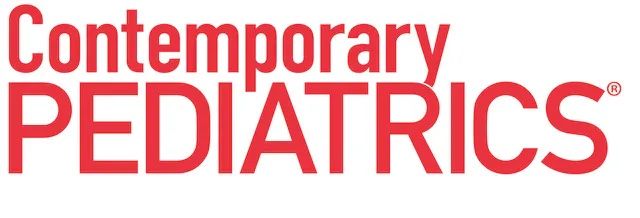Weekly review: Drowning prevention, coding updates, and more
Get caught up with our journal! Review some of the top stories from the Contemporary Pediatrics website over the last week, and catch up on anything you may have missed.

Thank you for visiting the Contemporary Pediatrics® website. Take a look at some of our top stories from last week (Monday, June 3, to Friday, June 7, 2024), and click on each link to read and watch anything you may have missed.
1.) With drownings on the rise, prevention conversations with caregivers are crucial
“Drowning is something that happens quickly, it happens usually insidiously, and [it is] really difficult to unwind the damage from drowning as time goes by,” said James Barry, MD, a pediatric emergency medicine fellow in Rochester, New York. It is why the National Drowning Prevention Alliance (NDPA) and the American Academy of Pediatrics (AAP) held a joint virtual panel to discuss drowning prevention strategies this summer.
Click here for the full article.
2.) 2024 coding update
This article will detail how a recently activated code, G2211, will increase practice revenue and provider compensation. It may take some time, however, for insurance carriers to begin reimbursing for this add-on code, so pediatricians should be prepared to challenge rejected claims.
Click here for the full article from Andrew J. Schuman, MD.
3.) Now available: upadacitinib to treat JIA, psoriatic arthritis in patients 2 years and up
Upadacitinib (RINVOQ; AbbVie) is now available for patients aged 2 years and older with active polyarticular juvenile idiopathic arthritis (pJIA) and psoriatic arthritis (PsA) who have had an inadequate response or intolerance to 1 or more tumor necrosis factor (TNF) blockers, according to a press release from AbbVie.
Additionally, the company announced that a new, weight-based oral solution RINVOQ LQ, is now available as an option for the pediatric populations.
Click here for the full article.
4.) Use of monoclonal antibodies for idiopathic chronic eosinophilic pneumonia
Investigators of a study published in BMC Pulmonary Medicine aimed to describe the type of evidence and extent of research regarding the use of monoclonal antibodies for idiopathic chronic eosinophilic pneumonia (ICEP), to control the disease and limit secondary effects.
Click here for full study details.
5.) FDA approves increased amifampridine maximum daily dose to treat Lambert-Eaton myasthenic syndrome
With the federal agency's decision, the maximum daily dose increased from 80 mg to 100 mg, for adults and pediatric patients who weigh more than 45 kg, allowing for greater flexibility in treatment regimens for the management of LEMS.




